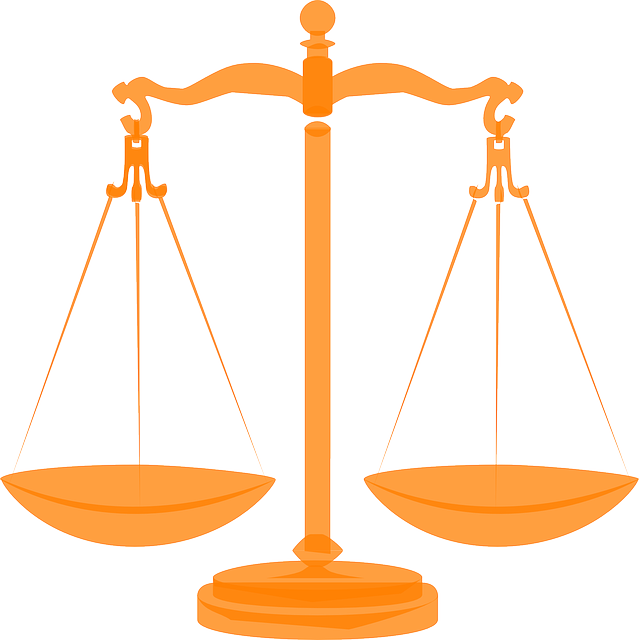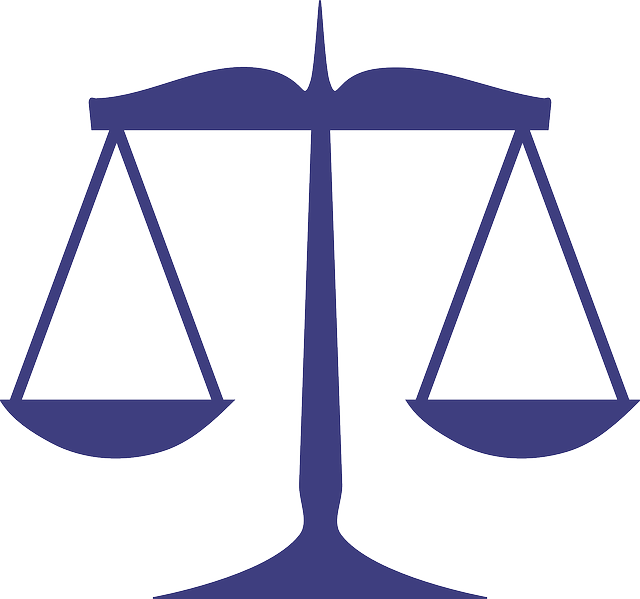Healthcare Compliance Experts are vital for managing complex legal frameworks like HIPAA and CMS regulations, safeguarding patient data and care standards. They don't just ensure compliance but also promote ethical practices, protecting institutions from lawsuits and reputational damage. In criminal trials involving healthcare fraud or misconduct, they provide examples of evidence, such as electronic records and patient charts, leveraging their expertise in documentation, data analysis, and testimony preparation. Their strategic guidance is crucial for positive outcomes, maintaining community trust, and upholding the integrity of healthcare services.
Healthcare Compliance Experts play a pivotal role in ensuring institutions adhere to complex legal and regulatory frameworks. They navigate the intricate landscape of healthcare laws, safeguarding patient rights and privacy while mitigating risk. From auditing records to developing policies, these specialists are crucial for maintaining ethical standards. This article delves into their multifaceted roles, key responsibilities, and the critical importance they hold in preventing legal non-compliance, even providing examples of evidence in criminal healthcare trials.
- The Role of Healthcare Compliance Experts
- Key Responsibilities and Tasks
- Importance in Ensuring Legal Adherence
- Challenges Faced by Compliance Specialists
- Examples of Evidence in Criminal Healthcare Trials
The Role of Healthcare Compliance Experts

Healthcare Compliance Experts play a pivotal role in ensuring that healthcare institutions adhere to complex legal and regulatory frameworks. They navigate the intricate landscape of laws and guidelines, such as HIPAA (Health Insurance Portability and Accountability Act) and CMS (Centers for Medicare & Medicaid Services) regulations, to protect sensitive patient data and maintain quality care standards. These experts don’t just ensure compliance; they also foster a culture of ethical practice within organizations, acting as a shield against legal pitfalls that could arise from non-compliance.
Their expertise extends beyond mere adherence to rules. By providing strategic guidance, they help institutions avoid costly lawsuits and reputational damage often associated with general criminal defense scenarios. For instance, in high-stakes cases involving examples of evidence in criminal trials, compliance experts can offer invaluable insights into how to interpret and apply legal requirements, thereby achieving extraordinary results while maintaining the trust of both the philanthropic and political communities.
Key Responsibilities and Tasks

Healthcare Compliance experts play a pivotal role in ensuring that medical institutions adhere to an array of complex regulations and standards. Their key responsibilities encompass developing and implementing robust compliance programs, meticulously reviewing policies and procedures, and staying abreast of evolving legal and ethical guidelines specific to healthcare. They conduct thorough risk assessments, investigate potential violations, and collaborate with management to mitigate risks effectively.
These professionals are often called upon to gather and present examples of evidence in criminal trials related to white-collar defense cases, focusing on avoiding indictment for offenses like fraud or embezzlement within respective businesses. Their expertise involves meticulous documentation, data analysis, and testimony preparation, ensuring that healthcare organizations maintain integrity while navigating the intricate landscape of medical regulations.
Importance in Ensuring Legal Adherence

In the healthcare industry, compliance is paramount to maintaining patient safety, protecting sensitive data, and ensuring ethical practices. Healthcare Compliance Experts play a pivotal role in navigating the complex web of regulations, laws, and standards that govern this sector. Their primary focus is to ensure legal adherence across all aspects of a healthcare organization’s operations, from administrative processes to clinical practices. These experts are crucial in preventing costly mistakes, fines, and even criminal charges. For instance, they help establish protocols for proper record-keeping, data privacy, and medication management, which can serve as compelling evidence in criminal trials related to healthcare fraud or misconduct.
By upholding compliance standards, these professionals also foster trust within philanthropic and political communities that rely on the integrity of healthcare services. They do so by implementing robust systems, conducting regular audits, and staying abreast of legislative changes. Ultimately, their work is instrumental in safeguarding patients’ rights and ensuring that respective businesses operate with transparency and accountability, thereby preventing scenarios that might lead to a complete dismissal of all charges against them.
Challenges Faced by Compliance Specialists

Compliance specialists in healthcare face a myriad of challenges that require constant vigilance and expertise. One significant hurdle is keeping up with the ever-evolving regulatory landscape, where laws and guidelines are frequently updated and interpreted differently across various jurisdictions. This complexity demands a deep understanding of not just local but also national and international standards, especially when dealing with organizations operating across the country or even globally.
Moreover, these professionals often find themselves in high-stakes cases, where errors can have severe consequences. For instance, examples of evidence in criminal trials involving healthcare compliance include documentation lapses that lead to misdiagnoses or inappropriate treatment, which may result in harm to patients and potential legal repercussions. With the spotlight on patient safety and privacy, compliance specialists must ensure robust systems and protocols are in place to protect sensitive information while adhering to stricter regulations, fostering trust within the philanthropic and political communities.
Examples of Evidence in Criminal Healthcare Trials

In criminal healthcare trials, presenting compelling evidence is paramount to secure convictions. Unlike traditional criminal cases, which might hinge on physical evidence or eyewitness testimonies, healthcare compliance cases often require a different approach. Here, electronic records, patient charts, and digital communications play pivotal roles as primary evidence. For instance, emails between healthcare professionals discussing illegal activities, manipulated medical records, or fraudulent insurance claims can serve as strong indicators of wrongdoing.
Additionally, expert witnesses specializing in healthcare compliance and information technology can provide crucial insights. They can analyze digital forensically recovered data, interpret complex medical policies, and help juries understand the implications of non-compliance with regulations like HIPAA (Health Insurance Portability and Accountability Act) or anti-kickback laws. This blend of direct evidence and expert analysis is instrumental in navigating the intricacies of white-collar and economic crimes within healthcare, ensuring justice in jury trials and fostering trust in philanthropic and political communities alike.
Healthcare compliance experts play a pivotal role in ensuring legal adherence and ethical practices within the medical industry. By navigating complex regulations, they safeguard patient rights and protect healthcare organizations from legal repercussions. The challenges they face require relentless learning and adaptation to evolving laws. As seen in examples of evidence during criminal trials, their meticulous documentation and oversight can be instrumental in uncovering misconduct. Recognizing the value of these specialists is crucial for fostering a culture of integrity and accountability in healthcare.






